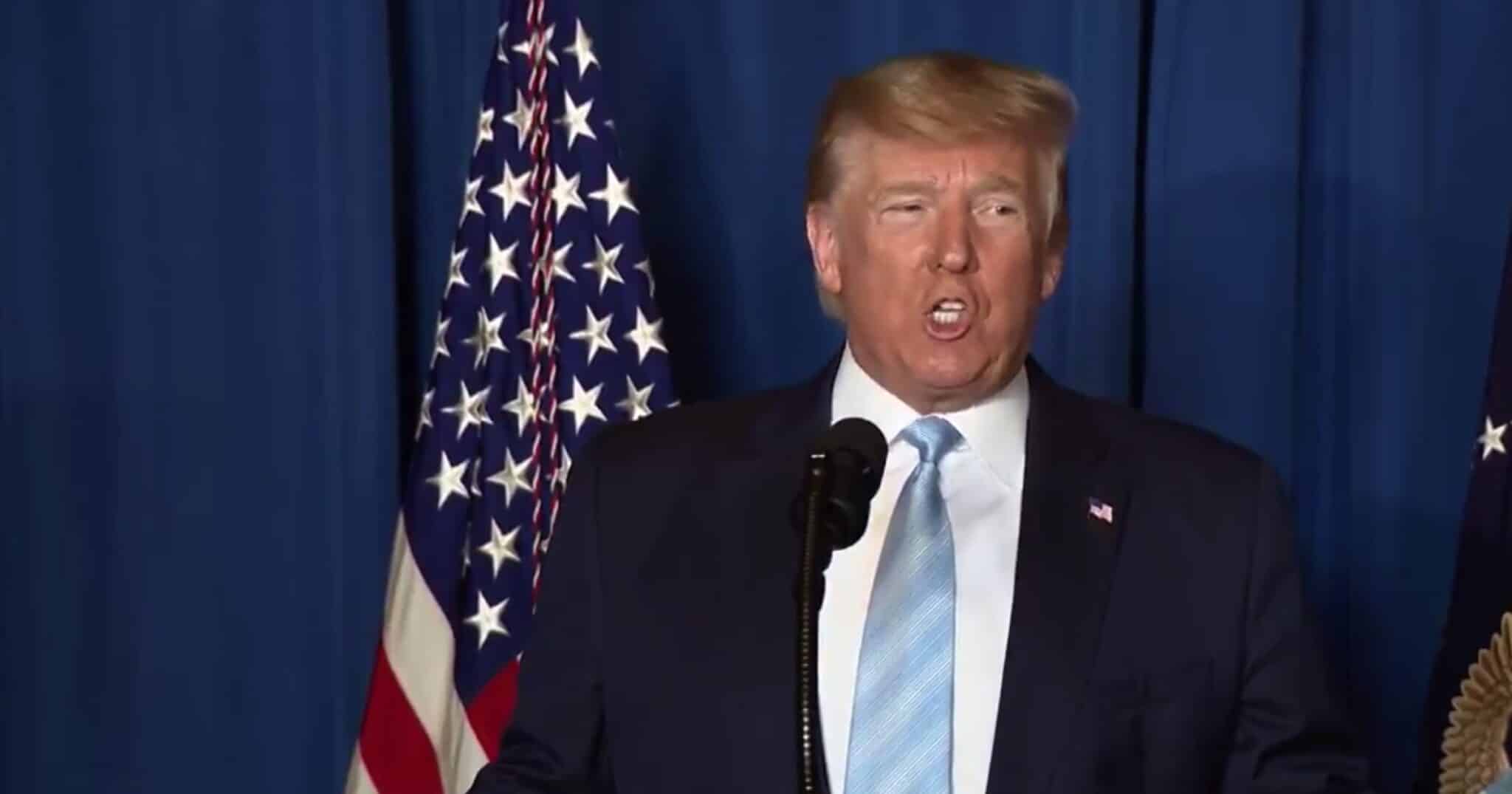





Amir Hossein Maghsoudloo, known worldwide by his stage name Tataloo, has been sentenced to death by an Iranian court for alleged blasphemy, marking a significant escalation in his legal troubles.
The Hollywood Reporter reported that the decision to impose the death penalty on the 37-year-old pop sensation comes as Iran witnesses a spike in executions, though Tataloo retains the option to appeal the court's ruling.
Tataloo, whose legal name is Amir Hossein Maghsoudloo, has been a prominent figure in Iranian pop culture. Initially celebrating fame for his extensive tattoos and distinctive musical style, Tataloo's life took a dramatic turn when he was sentenced to five years in prison for various charges, including blasphemy.
Born as Amir Hossein Maghsoudloo, Tataloo carved a niche for himself through his unique music and enigmatic persona.
However, his career has been overshadowed by multiple legal battles in recent years. The latest sentencing follows his detention in Iran in December 2023, which was the result of his extradition from Turkey.
Following his extradition from Turkey, where he had been residing since 2018, Tataloo has been held in Iranian custody. Reports from several Iranian media outlets, including Etemad and Jame Jam, confirm these developments.
Initially, he faced a five-year imprisonment sentence for charges including blasphemy, which was later revisited by the judicial system.
Iran's Supreme Court recently reopened his case upon the request of the prosecutor. This development culminated in a much graver charge—a death sentence for the pop star. Despite the severity of the new verdict, judicial officials have noted that the ruling is not yet final, providing Tataloo with a chance to appeal the decision.
The pop star's legal tribulations have included charges unrelated to his music. In a previous instance, Tataloo was sentenced to a decade-long imprisonment tied to accusations of promoting immoral activities and spreading propaganda against the regime. Furthermore, his work was criticized for allegedly distributing inappropriate material.
Interestingly, Tataloo's career has intertwined with Iranian politics, highlighted by his 2015 release of a song that supported Iran's contentious nuclear agenda. This gesture was perceived as a show of allegiance to the ruling regime during a time of heightened international scrutiny.
In 2017, Tataloo engaged with Ebrahim Raisi, an ultra-conservative figure who occupied the presidency of Iran. Unfortunately, Raisi met with an untimely death in a helicopter accident later that year. Despite these political affiliations, Tataloo's falling out with Iranian authorities has been stark and punitive.
His relocation to Istanbul in 2018 appeared to be a strategic move to escape the mounting pressures back home. However, Turkish authorities eventually acquiesced to extradition requests, bringing Tataloo back to Iran and into the courtroom once again.
Tataloo's case plays out amid a backdrop of intensifying judicial actions in Iran. The country has seen a worrying climb in executions, with 901 documented in the past year according to the United Nations. This represents the highest number in nearly a decade, reflecting a broader trend of crackdowns across the nation.
Adding to the tension within Iran’s judicial system was a recent deadly incident at the Supreme Court in Tehran. A gunman entered the premises, resulting in the deaths of two judges who were involved in national security cases. Although this is unrelated to Tataloo’s trial, it signifies the volatile atmosphere surrounding Iran's justice framework.
These proceedings raise pressing concerns about the state of political and cultural liberties in Iran. Activists argue that artistic expression is increasingly stifled, with heavy-handed policies targeting those who dare to challenge traditional norms.
Public reaction to Tataloo's sentencing has been mixed yet fervent. Supporters of the pop star rally behind him, decrying the decision as excessively harsh and emblematic of wider anti-cultural campaigns. Meanwhile, others view the ruling as a necessary stance in a culturally conservative country.
While no official reactions from Iranian government spokespeople have surfaced as of yet, there is speculation about the potential international reverberations of this judgment. Given Tataloo's broad fanbase, his fate could elicit global reactions pressing for leniency.
With an appeals process still available to him, Tataloo’s legal team is expected to vigorously contest the decision. Observers anticipate a protracted legal battle, with the hope that a different outcome might be reached upon review.



